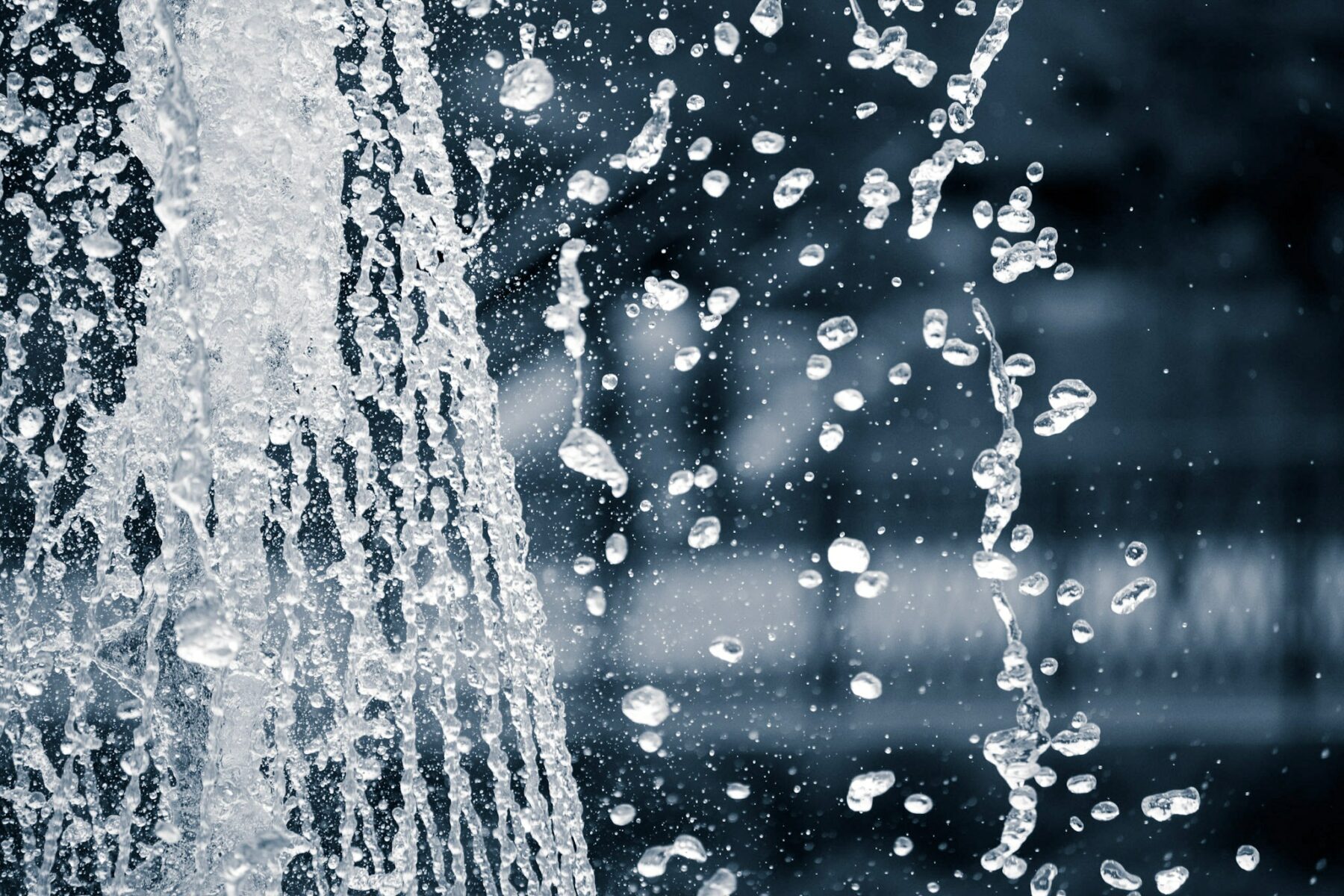The Effects of Extreme Temperatures on Mind and Body

You’ve probably heard by now that the effects of extreme temperatures on your body can be great for your physical recovery, but have you heard of all the recent data on its positive effects on your mental well-being? Let’s dive into the emerging research and evidence below.
Heat

When it comes to heat, research shows that frequent exposure to it can have multiple health benefits. For this article, we’ll focus on sauna bathing as the modality used for accessing extreme heat temperatures.
A recent study discovered that the consistent use of saunas was strongly associated with a decreased risk of psychotic disorders. Additionally, regular use of a sauna can improve cardiovascular health, according to a study published by BMC Medicine, and increasing the frequency and length of sauna sessions can decrease the long-term risk of cardiovascular disease. In addition, the use of sauna has been studied by other research groups and has been positively correlated with a reduction in “all-cause mortality” — a catch-all term referring to death from any cause.
The reason being? Heat will trigger some of the same mechanisms in the brain and body as if you were physically engaged in cardiovascular exercise. In a sauna, your heart rate and blood flow increase, and your blood vessels will vasodilate (expand) as your body works to cool down to regulate body temperature.
In addition, sauna use will improve your stress response and overall health. Hormesis is mild, tolerable stress that stimulates the body and helps it positively adapt to other stressors the body may encounter. Hormesis can take many forms, and heat is one such form. Studies have found that the regular use of a sauna can decrease cortisol and stress levels, improve immunity, enhance longevity pathways, and increase heat shock proteins, which help monitor and repair protein structure within our cells. The integrity of protein structures is vital to our health and well-being.
Sauna bathing also has been shown to dramatically boost the amount of growth hormone released (up to sixteenfold!). Growth hormone plays a key role in stimulating muscle growth, strengthening bones, repairing tissue and increasing metabolism. The growth hormone is released at night while we sleep, but unfortunately, as we age, there is a decline in the amount of natural growth hormone.
Cold

Now, let’s uncover research around extreme cold temperatures and their effects on your mind and body. For this article, we’ll focus on research done on cold hydrotherapy (ice baths, cold plunges, cold baths, cold water immersion, etc). According to studies and research performed by Dr. Andrew Huberman, Ph.D. and Professor of Neurobiology and Ophthalmology at Stanford University School of Medicine, cold exposure results in a prolonged release of dopamine, which elevates mood and enhances as well as enhances focus, attention and goal-directed behavior. The study claims that even short instances of cold exposure can result in a lasting increase in dopamine and a maintained increase in mood, energy and focus.
Deliberate cold exposure causes a significant release of epinephrine (aka adrenaline) and norepinephrine (aka noradrenaline) in the brain and body. These neurochemicals make us feel alert, and the cold causes their levels to stay elevated for some time. Their ongoing effect after the exposure is to increase your level of energy and focus, which can be applied to other mental and/or physical activities.
According to Huberman’s research, forcing yourself to embrace the stress associated with cold exposure as a stressor elicits your “top-down control,” which involves the part of your brain that practices planning and suppressing impulsivity. The “top-down control” is what people are referring to when they talk about resilience and grit, so these skills carry over to situations outside of this cold exposure environment and help you cope better when confronted with stressors in the real world.
In addition, a recent study of cold-water immersion effects on recovery found that cold exposure can be a highly effective recovery tool after high-intensity exercise or endurance training. Short bouts of cold water immersion (less than five minutes) demonstrated positive outcomes for muscle power, perceived recovery and decreased muscle soreness.
If the goal is hypertrophy and strength gains, it’s better to wait for 6 to 8 or more hours until after training to recover or recover before training UNLESS you aim to recover without adaptation (for instance, when in a competition mode and not trying to get bigger/stronger). My personal advice for these athletes with the sole aim of muscle hypertrophy and strength gains is to recover on a non-training day.
–
As you can see, there is so much more emerging data on the positive effects of extreme temperatures on one’s mind and body. A word of advice for your safety is to check in with your doctor first and to ensure that you enlist the help of a trained individual to guide you through your first experience of hot or cold exposure.
About the Author

Jessica Tranchina, PT, DPT, is a co-founder of Generator Athlete Lab and has been an athlete her whole life. As the creator of the Generator Method, Tranchina works to help guide others to better performance and recovery and is passionate about bringing the active community of Austin together from all fitness levels and athletic backgrounds. She is the owner of PRIMO Performance and Rehabilitation, which started in Austin in 2010, where her expertise and unique skill set have been established as one of the best in her field. NASM-CPT, ART Certified Provider, CKTP.






